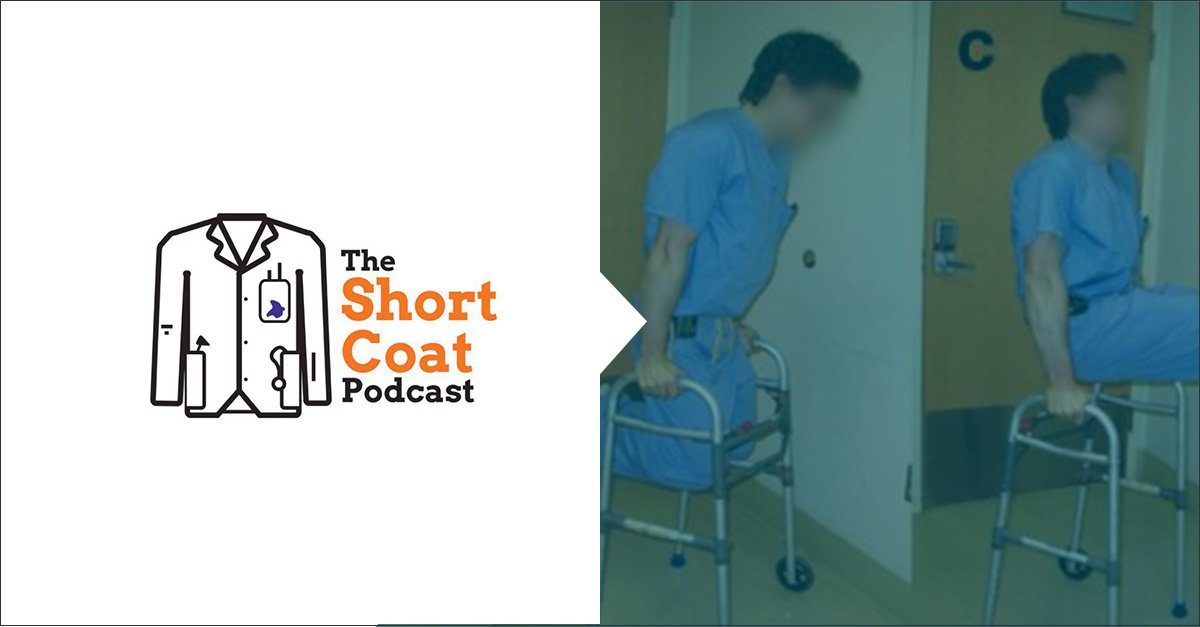And no, that’s not the three stages of your med school application.
’Tis the season to be applying to medical school. Which is why we got so many listener questions to address on this episode (thank you!) Listener Magnus wanted suggestions for how to prepare for MMI and regular admissions interviews, so we invited our resident experts, Amy A’Hearn (from CCOM med student admissions) and Tom O’Shea (from CCOM physician assistant admissions, for his experience with MMI interviews) to help out. They, along with Aline Sandouk, Jayden Bowen, Marc Moubarek and new co-host Shakoora Sabree, also answered questions from listeners Cameron and Sarah about whether opening up about personal/political views and sexual orientation is okay on applications and in interviews. And listener Jake wanted to know how med students learn to cope with death.
Podcast: Play in new window | Download

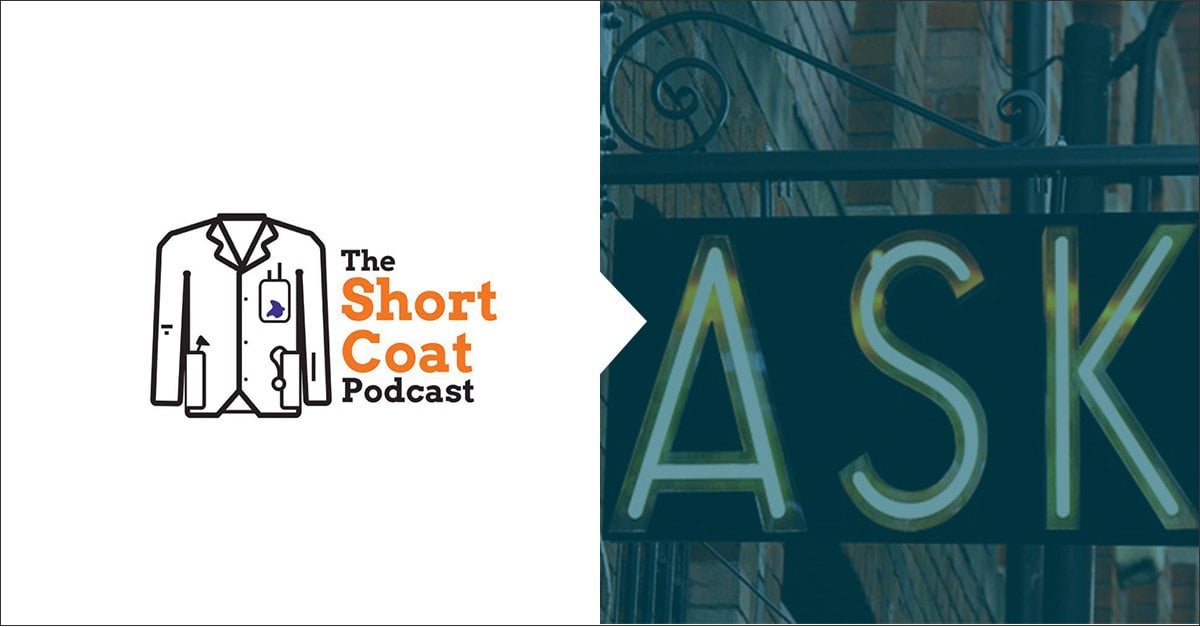

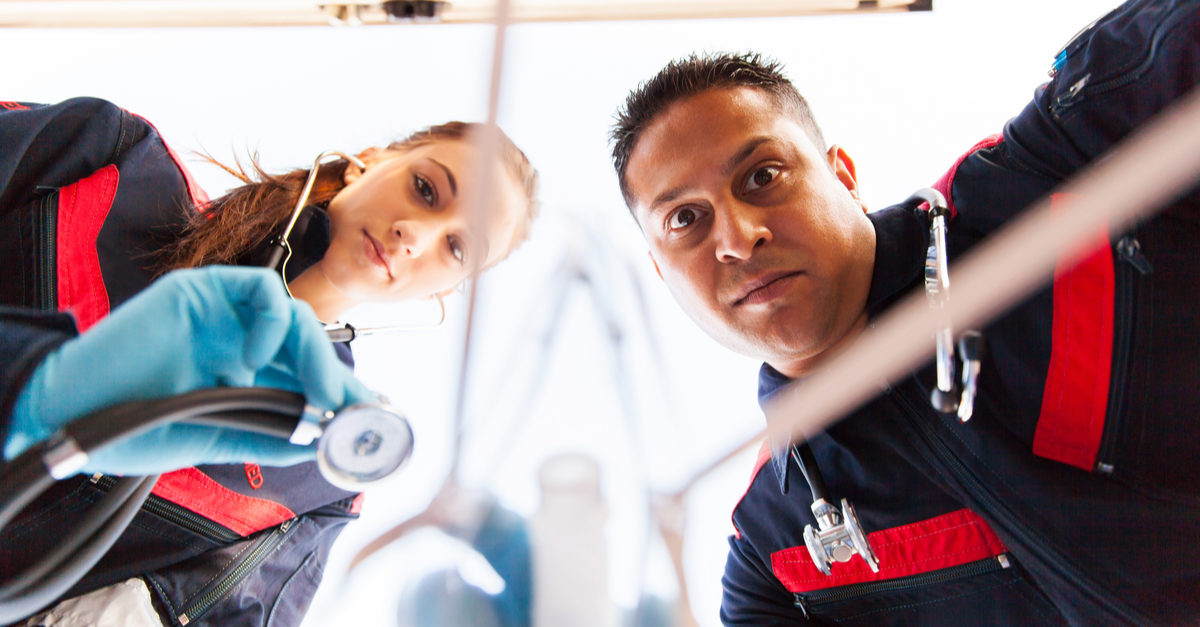










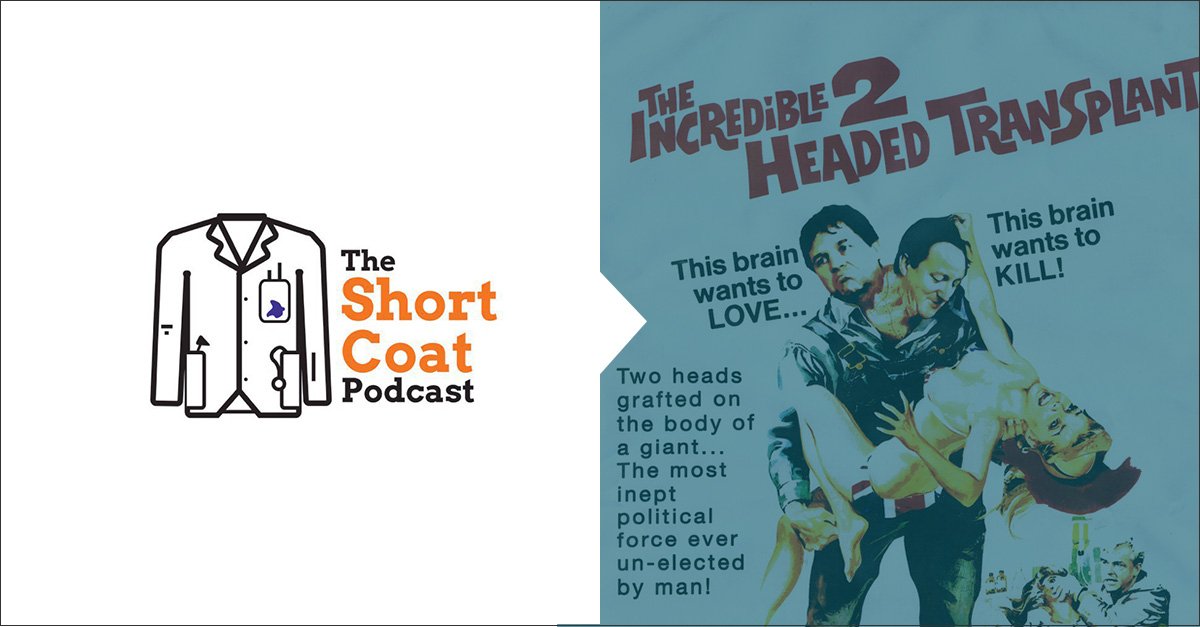


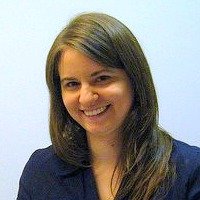 Please summarize your role at the medical school.
Please summarize your role at the medical school.

